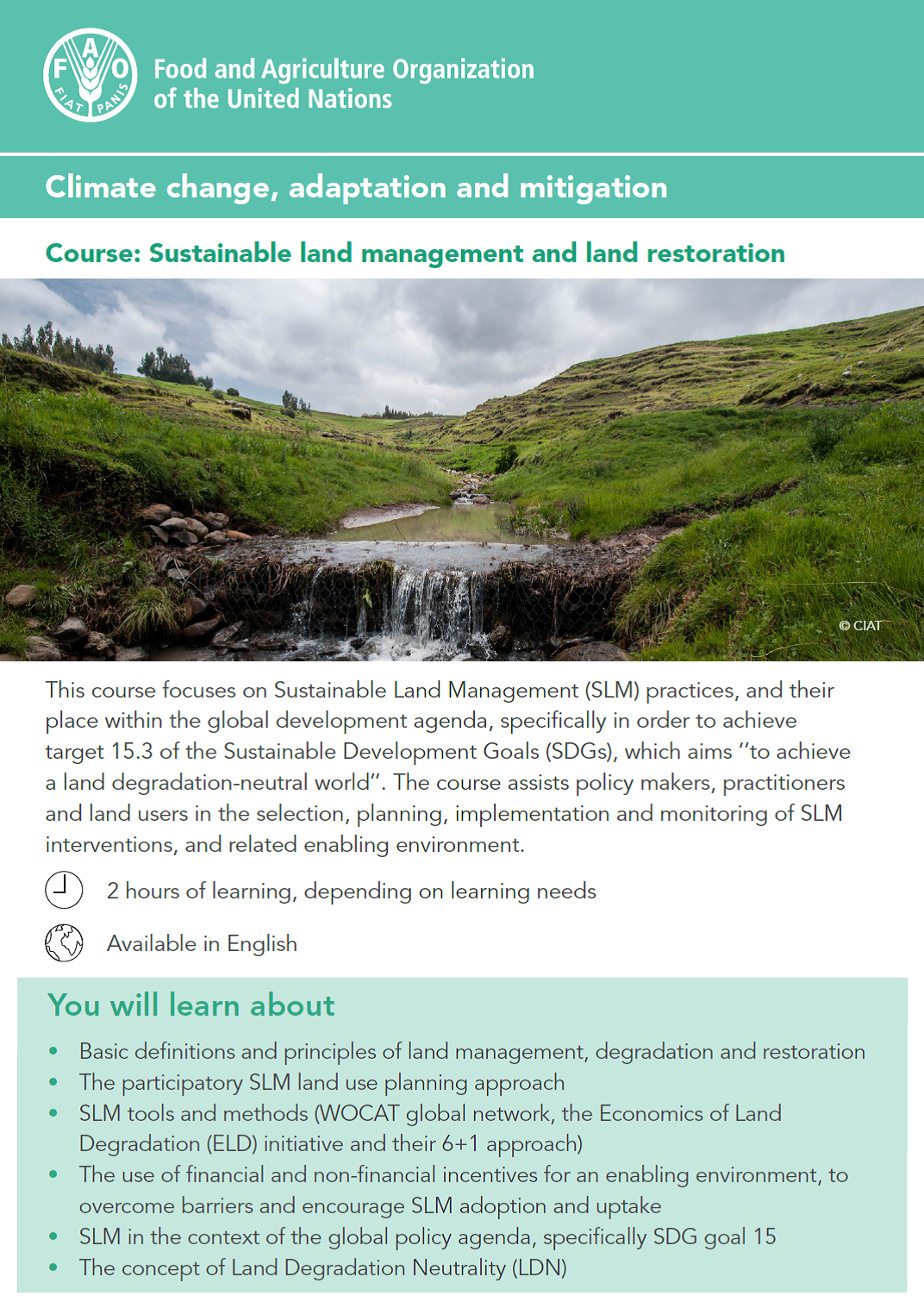Location
Founded in 1962, the CIHEAM is a Mediterranean intergovernmental organisation devoted to the sustainable development of agriculture and fisheries, food and nutrition security and rural and coastal areas.
It is composed of 13 member States (Albania, Algeria, Egypt, France, Greece, Italy, Lebanon, Malta, Morocco, Portugal, Spain, Tunisia and Turkey) and operates through its 4 Institutes based in Bari (Italy), Chania (Greece), Montpellier (France) and Zaragoza (Spain) and a General Secretariat based in Paris.
The CIHEAM collaborates with several international and regional organisations.
OUR IDENTITY
We believe in a UNITED MEDITERRANEAN where the sustainable development of agriculture, food security and territorial cohesion are the seeds of social stability and inclusive growth.
We promote MULTILATERAL COOPERATION through specialised training, networked research, scientific diplomacy and political partnerships.
We contribute to REGIONAL STABILITY, food and nutrition security, health of populations, the protection of the environment and increased access to the job market of youth.
We strongly believe in INTERCULTURAL DIALOGUE and DIVERSITY. Several nationalities and religions coexist within the CIHEAM.
We believe in KNOWLEDGE SHARING and the enhancement of links between knowledge and development needs.
We promote POLITICAL DIALOGUE through the organisation of meetings of the Agricultural Ministries of our member States.
We develop our actions within an ACCOUNTABILITY framework and implement them through a result-based management approach.
Members:
Resources
Displaying 1 - 5 of 25E-Learning Course: Sustainable land management and land restoration
FAO is pleased to announce the e-learning course on “Sustainable Land Management and Land Restoration”, which has been developed in collaboration with CIHEAM-Bari, WOCAT, ELD and University of Leeds.
The role of governance in sustainable rangeland management
The management and rehabilitation of degraded rangelands are inherently complex in south Mediterranean where state and tribal owned pastures are grazed commonly by the agro-pastoralists. The prospect for increased degradation primarily caused by overgrazing and recurrent droughts is currently at alarming levels. Reversing the negative trends primarily requires insightful management practices, institutional and policy support, and ultimately sound governance.
Sheep and goat farming and grasslands conservation : in need of proper policies
Mediterranean landscapes have been formed through human activity for millennia, which resulted in a particularly rich and rare biodiversity. Among these activities grazing is the most beneficial on biodiversity. However, the sheep and goat sector is rapidly transforming into sedentary-housed types and pastoral land is abandoned. The Greek example is presented and a range of policies are suggested to halt this trend and conserve pastoral land biodiversity in Mediterranean
Overlooked benefits and services of grasslands to support policy reform
Despite their ecological, economic and social importance, Mediterranean grasslands continue to receive limited scientific, political and media attention. Grasslands are typically viewed as underutilized space, able to be transformed into more “valuable” land by placing it under cultivation, transforming it into forest land and/or privatizing it. This paper synthesizes a number of pertinent issues in relation to social and economic systems on grasslands within the southern Mediterranean region.
Mountain pastures and local products in Southern Albania. Between production and resource management issues
The paper aims to present changes and current dynamics of mountainous pastoral systems in Southern Albania (Korca region) and to identify origin-based quality products as a strategy for sustainable rural development. According to the historical data (available or reconstructed through interviews), rapid and unregulated changes in mountainous productive systems within the post-communism transition threaten local natural resources and cultural landscapes.



